India
India’s troubled history- The Babri Masjid case
Published
3 years agoon
By
Mithun V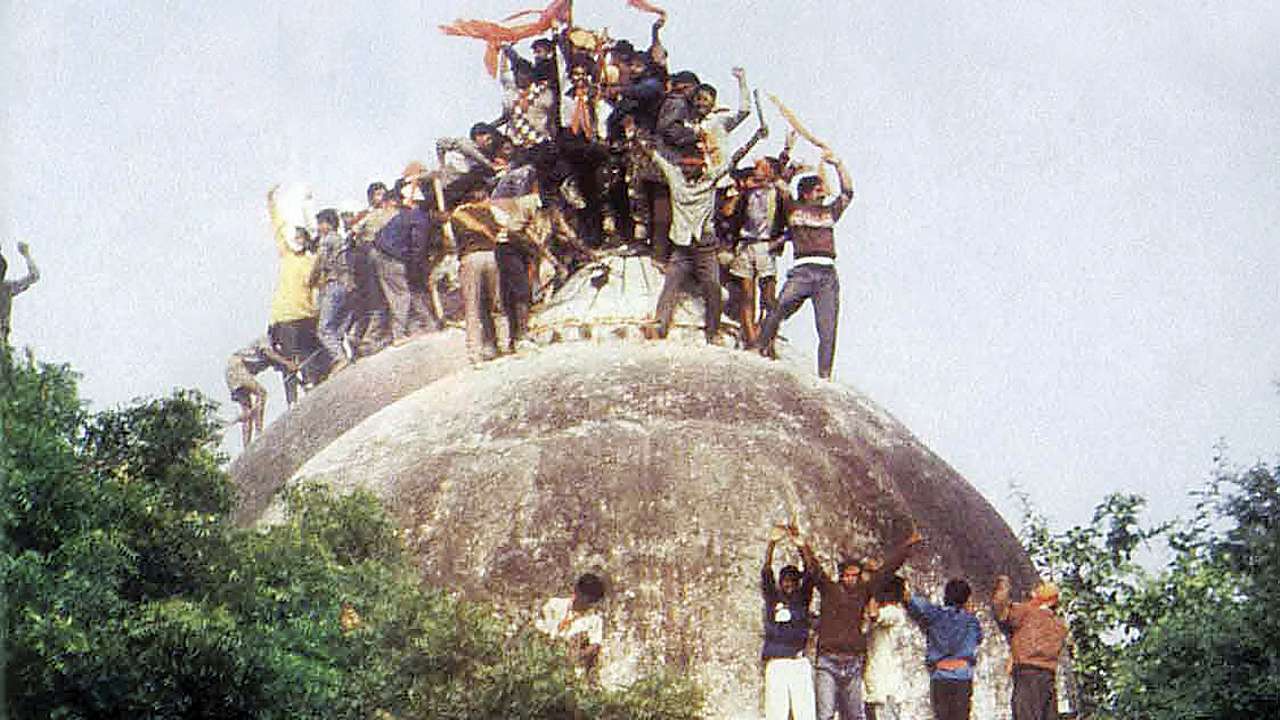

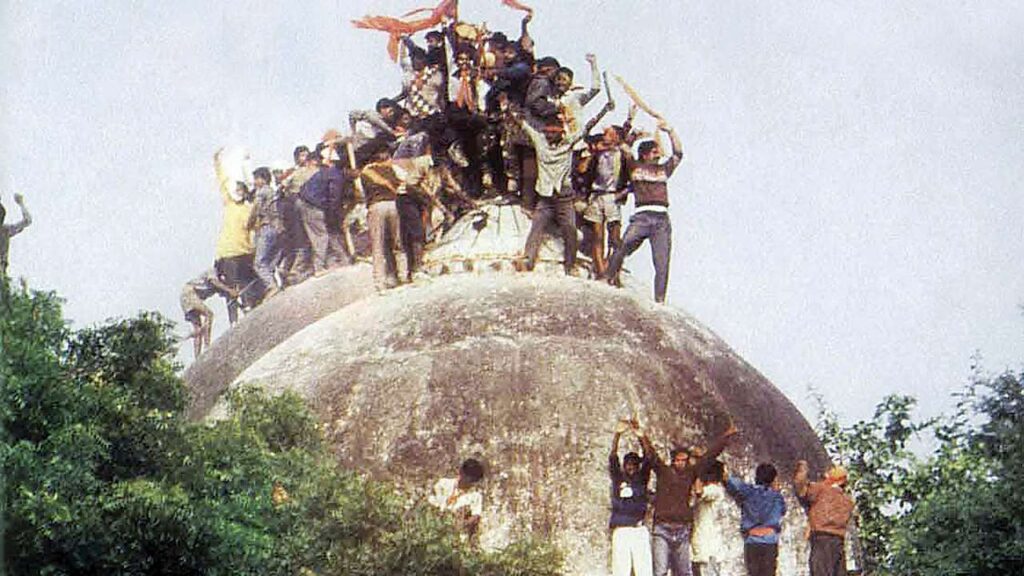

The Babri Masjid case exposed the communal fault lines in India and its troubled history. India has historically been home to multiple religions. But it also had an issue with religious conflict. This article looks at the impact of the Babri Masjid case in India.
Babri Masjid Steeped in History
First, let us look at the history of the Babri Masjid. This mosque is located in Ayodhya, a city in Uttar Pradesh, India. The Mughal ruler Babur built this mosque in 1528. Babur was the founder of the Mughal dynasty in India.
Centuries later in the winter of 1949, certain individuals placed idols inside the mosque. They then asked permission to conduct prayer services in the mosque. In 1950 litigation started. Consequently, the mosque’s interior was locked. Muslims lost access to their mosque.
Also Read: Communalism and Economic Marginalisation of Muslims
Subsequently, in 1984 right-wing parties took out processions in major cities in India. These processions often provoked riots. Later in 1986, the trial court granted Hindus permission to worship in the mosque. The situation in Ayodhya was tense. Police forces were deployed to protect the mosque.
But in 1992, a Hindu mob stormed the mosque and destroyed it. Following this event, the mob attacked the houses and businesses of Muslims in Ayodhya. The destruction of the Babri Masjid is one of the darkest days in Indian history.
Allahabad High Court’s Judgment
In the 2000s, the litigation is still ongoing. The Allahabad High Court took up this case due to its importance. The High ordered that the Archaeological Survey of India excavate the Babri Masjid site. The court wanted to determine if a temple lay underneath the remains of the mosque.
The Archaeological Survey released a controversial report stating there were remains of an ancient 12th-century temple. However, historians and archaeologists in India and around the world refuted this report.
Later on, in 2010, the Allahabad High Court delivered its judgment. The court divided the mosque and adjoining land into three parts. Two-thirds would go to the Hindu litigants and one-third to the Muslim litigants.
None of the litigants was happy with this outcome. All of the litigants in the Babri Masjid case approached the Indian Supreme Court.
Indian Supreme Court’s Babri Masjid Judgment
Let us now look at how the Indian Supreme Court handled the Babri Masjid judgment.
Firstly there is the archaeological survey. This survey stated a mosque was built after demolishing a temple. The court rejected this part of the survey. The court found that the temple described in the report dated to the 12th century. However, the Babri Masjid was built 400 years later.
Secondly, there was nothing to show this 12th-century temple had anything to do with the mosque. The report didn’t conclusively say that portions of a temple were used to build the Babri Masjid.
So the Court concluded that there was no proof that a temple was destroyed. But this is where the table turns.
The Court then stated that the Muslim community was unable to show they had continuous possession of the mosque. So basically, the Muslim plaintiff was not able to show they had possession of the Babri Masjid from 1528 onwards. This is where logic and reason disappear.
Also Read: Islamophobia in India: The Hostile Treatment Against Muslims
The Court didn’t consider that the mosque was built by a Muslim ruler. Therefore, the Muslim community would use it for prayers.
How does one show that a mosque was used for worship in 1600, 1700, or 1800? Documents from that era are sparse and literacy rates in India were abysmal during that time period. Asking the Muslim plaintiffs to produce proof was an impossible task. Curiously, the Hindu plaintiffs were not subject to the same standard.
Verdict in the Babri Masjid case
The Indian Supreme Court came to the conclusion that the Hindu parties would get the entire land including the Babri Masjid. Whereas, the Muslims were awarded 5 acres in a separate location.
But, the issue is that this judgment was influenced by beliefs and faith rather than the law. The judgment comes to the conclusion that the site of the Babri Masjid was where Lord Rama was born. How the court comes to such a broad conclusion is mysterious. At best one can say some Hindus believe in this statement. But does it include every Indian?
Another question would be – why do the beliefs of Hindus hold greater merit than the beliefs of Muslims? The Muslim litigants in the case argued that their community was using the Babri Masjid as a mosque for centuries. This argument was based on their strongly held belief.
Now we need to remember how the dispute started. Initially, Hindu plaintiffs sought permission to worship within the premises of the mosque. Hindu mobs demolished the mosque in 1992. By 2019, the Muslim litigants lost their rights over the entire land.
Conclusion
One thread connects these events. A BJP government was in power in the State of Uttar Pradesh in 1992. And the mosque was demolished in 1992. The controversial report of the Archaeological Survey came out when the BJP was in power in the centre. Later, the Supreme Court’s decision also occurred during the time of the present BJP government. The present agitations for demolishing mosques are also in states where the BJP is in power.
Normally in India, bureaucracy and the government tend to move at a snail’s pace. Yet within weeks of the judgment, the foundation stone for a new temple was laid. This ceremony at the site of the Babri Masjid was attended by the Prime Minister of India.
Also Read: Why Is Indian PM Modi’s Silent About Attacks Against Muslims?
We cannot ignore this link. A political party that is governing a diverse nation like India needs to look after everyone’s well-being. It cannot be only in the interests of one community. Even within the Hindu community. Most Hindus don’t care about these issues. It is only fringe elements that push these communal narratives.
Also Read: Video From Haryana Used to Create Communal Tensions
So one has to wonder, why a narrow and divisive approach is becoming the norm in India. Why is the country moving away from pluralism? Every Indian citizen has equal rights and deserves the same protection. The same principle should apply to religions as well.
You may like
-

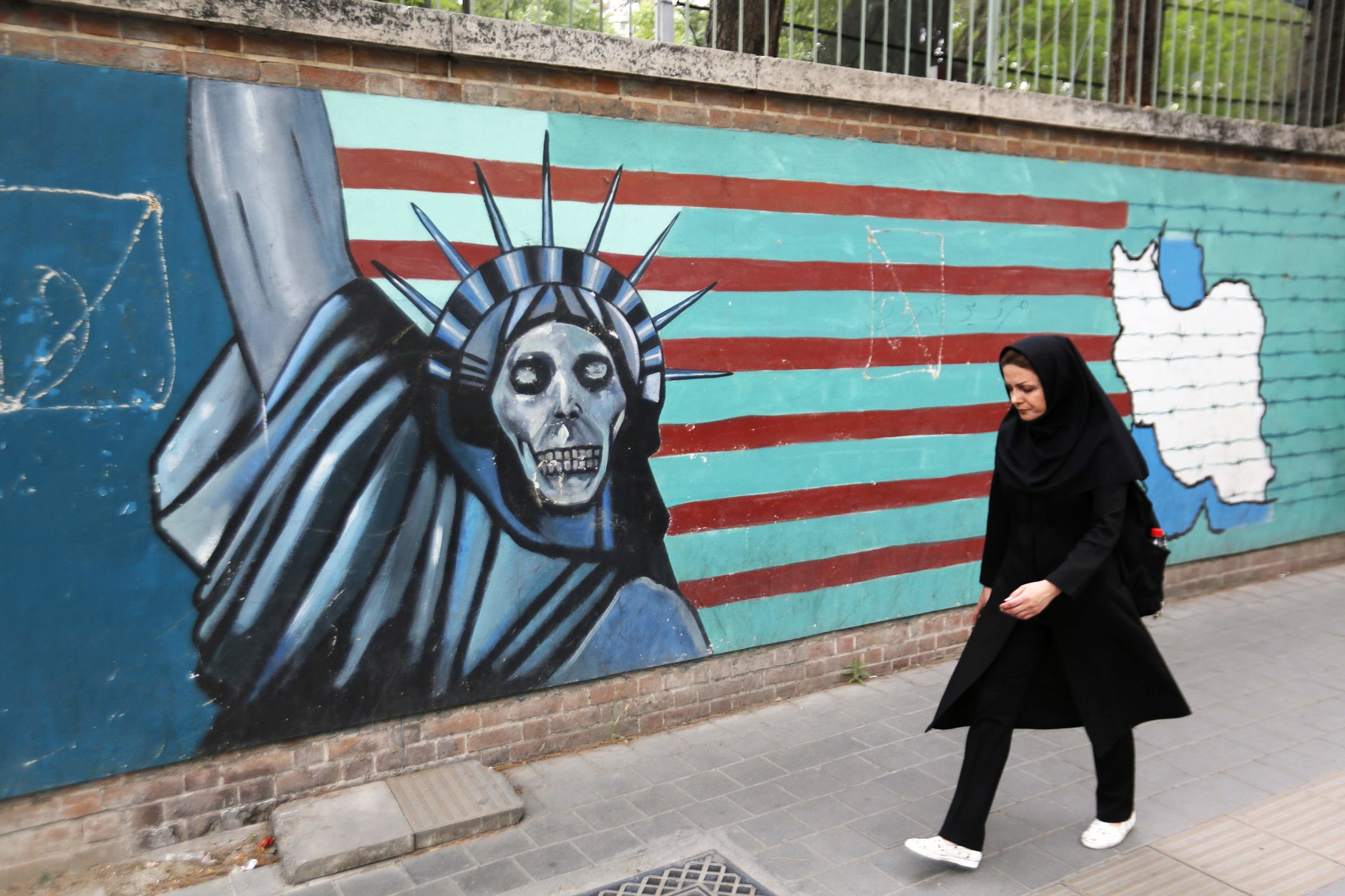


Muslims have more reasons to hate the US than the other way around
-

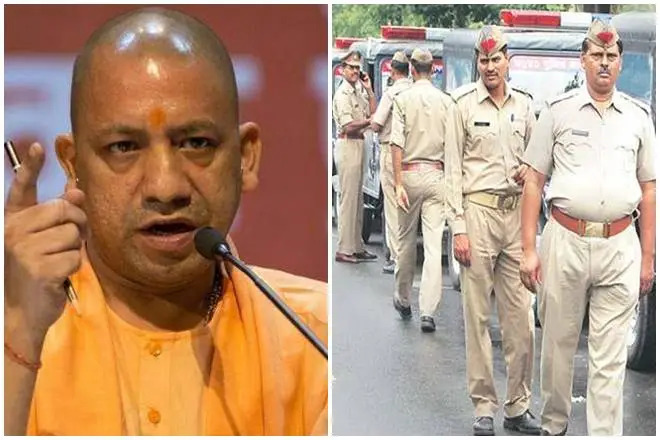


India: Rise in Police Encounters in UP Under Yogi Adityanath’s Leadership
-

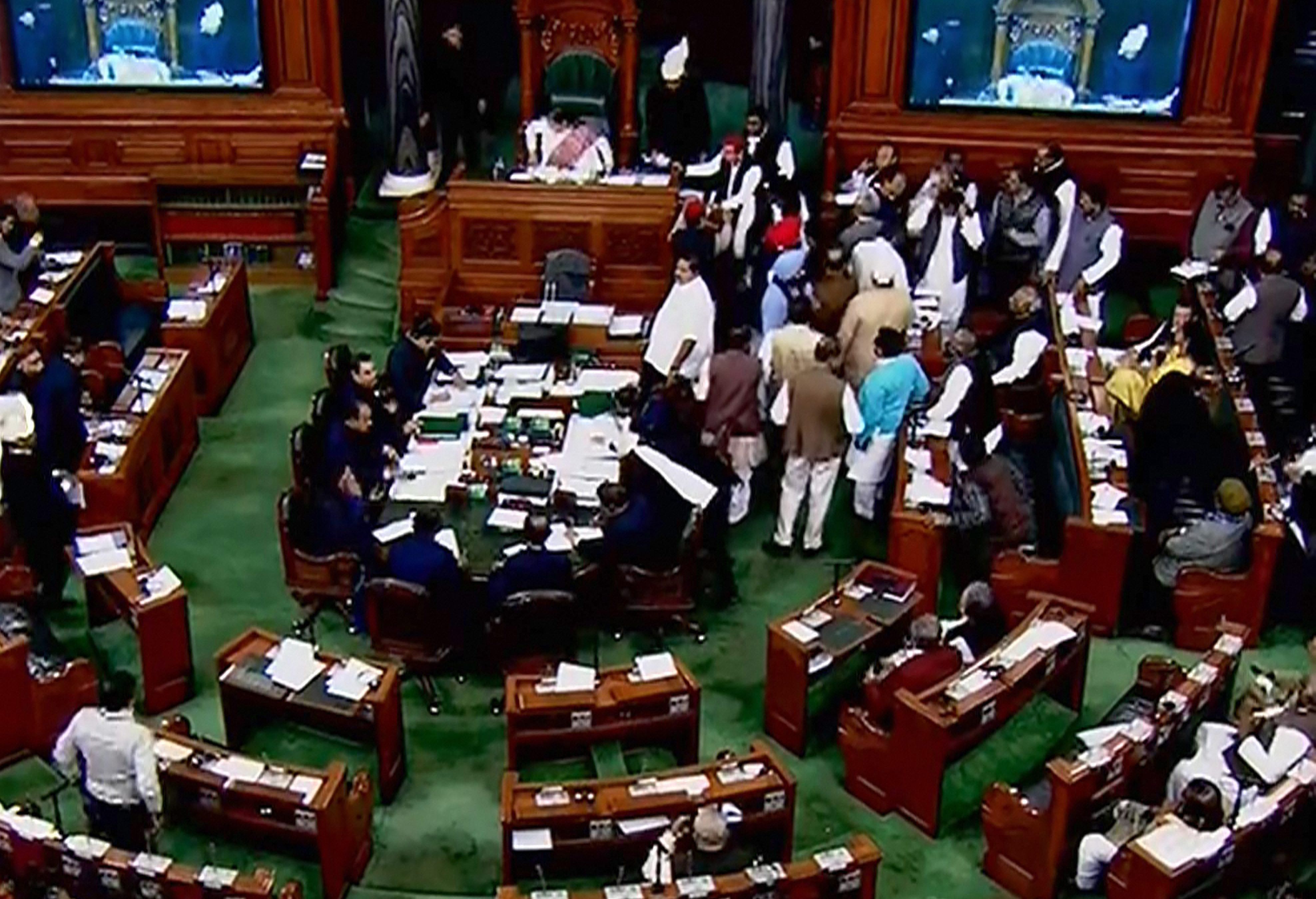


Manipur Violence Sparks Debate in Indian Parliament
-

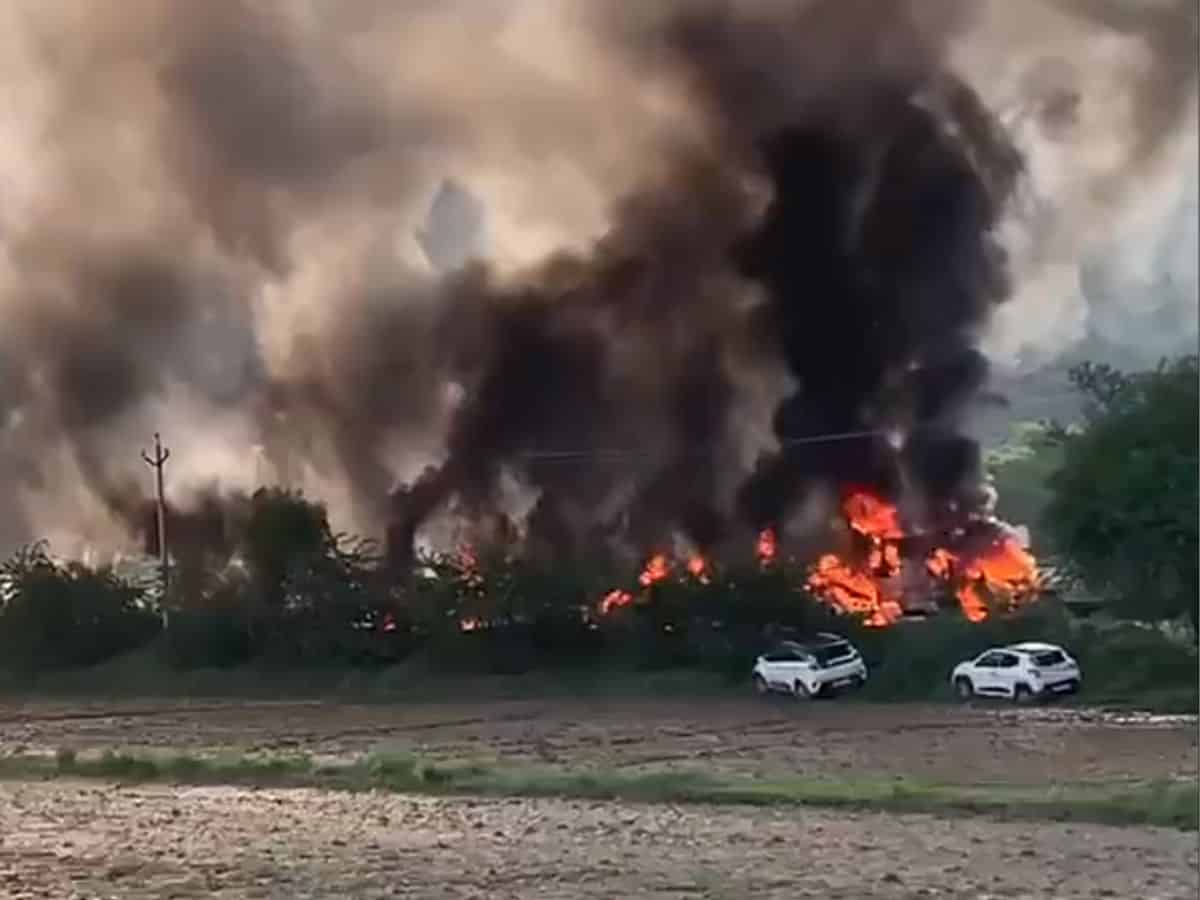


Communal Clashes in Haryana: Gurugram Mosque Set Ablaze, Four Killed in Nuh
-

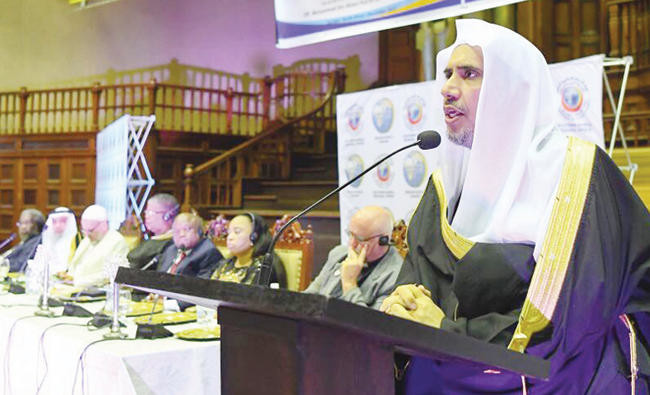


Muslim World League Chief’s Visit to India
-

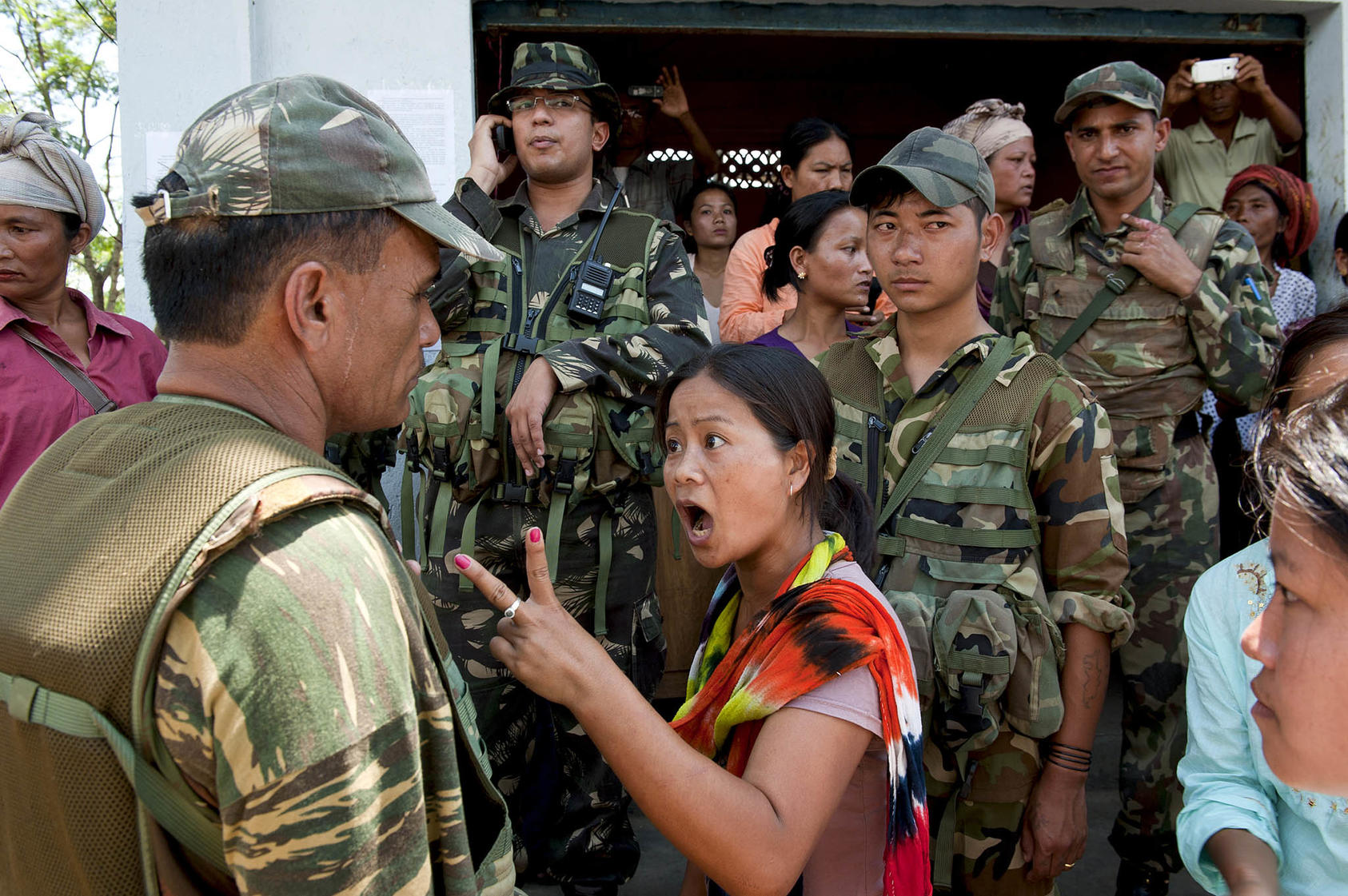


India, Manipur: Ethnic Clashes Escalate, Threatening Stability
India
Crime Against Humanity Under BJP Regime – Manipur Violence Explained
Published
1 year agoon
August 30, 2023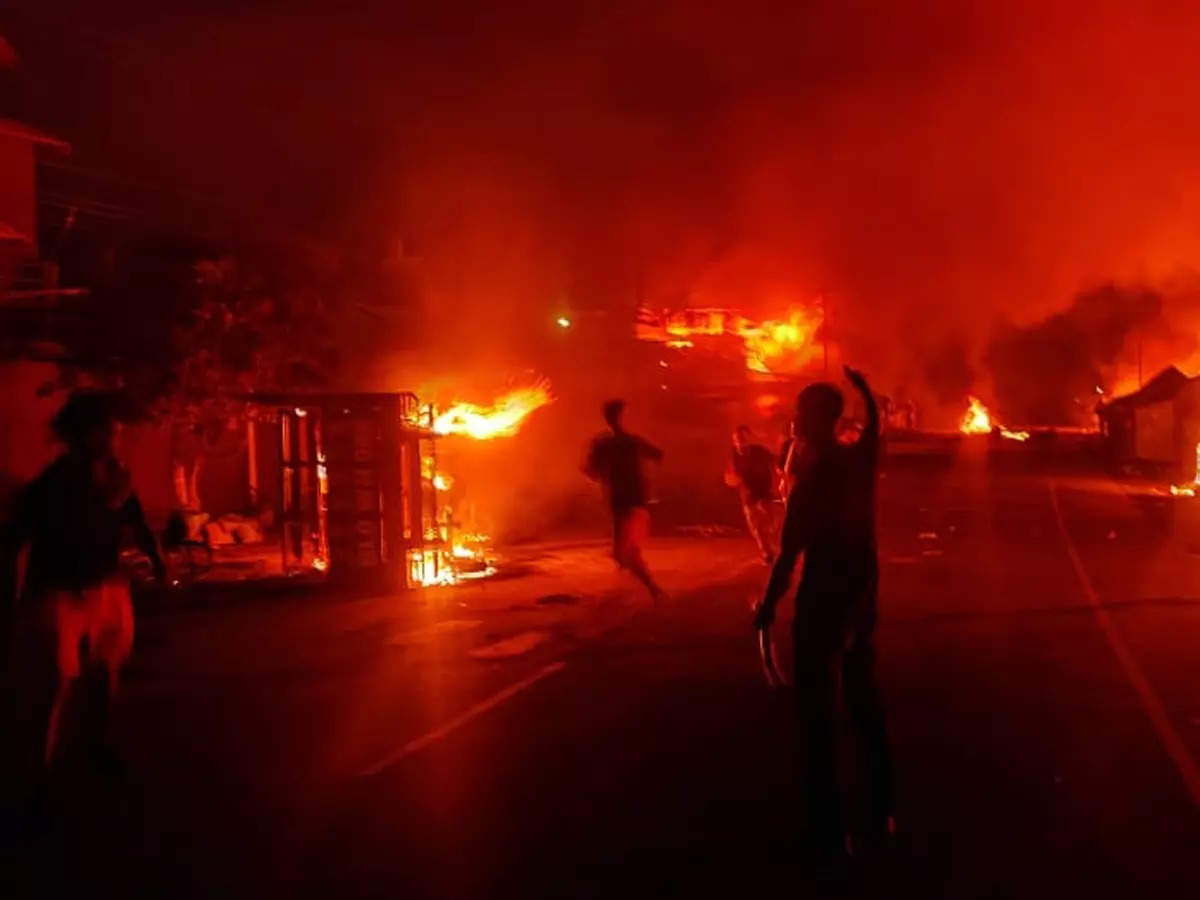

On May 3, 2023, the northeastern state of Manipur in India experienced severe ethnic violence involving the Meitei community living in the Imphal Valley and the Kuki tribal population residing in the nearby hills.
The horrific incident led to 181 fatalities, with over 300 people injured. The ongoing violence has forced over 55,000 residents displaced from their homes. And even after months, the situation remains critical, with communities in distress and an urgent need for help.
But what lead to the Manipur violence? How are the authorities dealing with the situation? And is there an end in sight?
Manipur Violence: A Brief Overview
In early May, tensions flared between the two major residential groups of Manipur – the Meitei and Kuki tribal communities, after a court ruling favoring the Meitei group was passed. Students from the Kuki community began protesting.
The ruling allowed Meiti population the right to buy land in the hills and secure reserved government jobs. These privileges escalated tensions.
To ease the initial tension, New Delhi sent thousands of paramilitary and army personnel to the region (with a population of 3.2 million). But, even with this action, sporadic violence and killings started again shortly after. Thus fueling further unease in the northeastern state.


But while the protests have been going on since May, the world’s attention turned to Manipur when a video showed the distressing molestation of two women surfaced on the internet.
The blood-curdling incident prompted Prime Minister Narendra Modi to address the ongoing violence – marking his first public remarks on the matter that had persisted for months.
On May 3, 2023, ethnic violence shook the northeastern state of Manipur in India. The conflict pitted the Meitei community of the Imphal Valley. It is against the Kuki tribal population residing in the nearby hills.
The toll was immense, with 181 lives lost, over 300 injured, and a staggering 54,488 people displaced from their homes by July 29th. Today, the situation remains more dire than ever – leaving communities in distress and in urgent need of help.
Manipur Violence: The Video That Shook the World
On July 19, a disturbing video spread online. It showed two Kuki women, one in her forties and the other in her twenties, facing terrible mistreatment by a mob of men from the Meitei community.
These men stripped, paraded the women naked on the streets, and even assaulted them. The women were taken from a police station while trying to escape from a violent mob attack.
And while the violence in unfolding in Manipur, the state government was busy lauding trips to destinations. They are traveling to places like the USA, Dubai, and Egypt, then tackling Manipur’s problems.
Their attention also extends to many international matters. It includes the Ukraine-Russian conflict, commendations for world leaders, and managing controversies like Mahagathbandhan and Adani scam. It’s shocking to know that, despite the complaint being filed, the police didn’t take any action for over two months until the video came out.
Government’s Internet Limitation
On July 20, Manipur’s Chief Minister Biren Singh explained why they limited internet access in the state. The Union government also asked social media platforms to take down posts with the upsetting video. The Supreme Court responded to the video, saying they’d step in if the government doesn’t handle things immediately.


Media reports revealed that the National Commission of Women (NCW) was aware of the incident, having received a complaint in June. However, Manipur authorities did not respond despite forwarding the complaints many times – disclosed the chairperson of NCW.
It was only after the video went viral and the pressure from international media surmounted the authorities they acted on the complaint by arresting event culprits.
Why does the BJP Government have Nothing to Say?
To put it, the BJP government’s efforts to bring peace to Manipur seem to be ineffective. While the BJP government says they’ve controlled the police and Rapid Action Police forces, Manipur still deals with ongoing unrest.
A solution doesn’t seem to be in sight. It appears that the government is ignorant of this matter. If the video of those two women had not gone viral, the government would have brushed it under the rug and suppressed the issue. It seems like the government is more interested in hiding the truth behind this turmoil. It raises suspicions that there might be some hidden conspiracy at play behind the government’s silence.
The BJP government is currently in power in Manipur, and so far, there have been no significant changes in the Chief Minister’s approach. Even though Manipur is home to Olympic champion Mary Kom, who is also associated with the BJP government, she made an appeal to the state and the central government, led by Prime Minister Modi, through a video that has fallen on deaf ears.
The government puts more emphasis on lauding trips to destinations such as the USA, Dubai, and Egypt. Also their attention also extends to international matters like the Ukraine-Russian conflict, commendations for world leaders, and managing controversies like Mahagathbandhan and Adani scam. This suggests they’re more invested in these matters and less attentive to pressing concerns in Manipur.
What is the Current Situation in Manipur, and What Will Happen Next?
The current situation in Manipur is horrifying. People are living in fear, facing violence, and being looted. The fresh violence on 5th, August claimed 5 lives in Manipur. The districts of Bishnupur and Churachandpur, located nearby, witnessed intense gunfire and incidents of arson throughout the day, despite the presence of a significant number of central security forces, including the army.
Among the casualties were three Meitei men who were brutally beaten to death in their homes while they were sleeping. Moreover, a clash occurred between tribal hills and Meitei valleys, resulting in the tragic loss of two Kuki village guards. The region continues to be extremely unstable, presenting major difficulties in upholding peace.
Yet, Manipur seems cut off from the rest of the world as internet services have been shut down, and curfews are enforced, making it a dire situation.
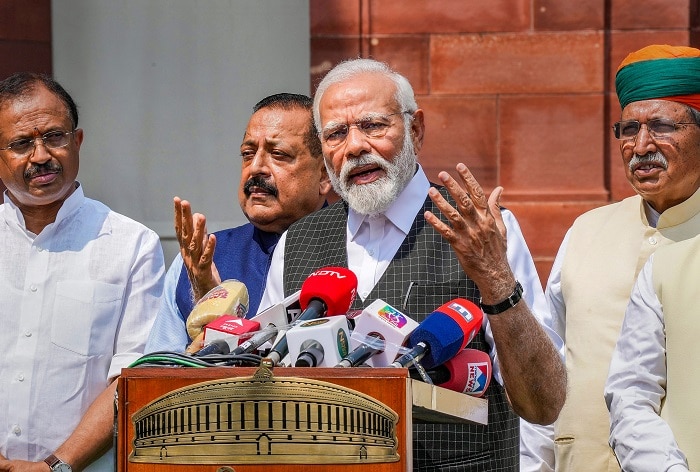

Prime Minister Modi’s recent trip to France sparked criticism from the European Parliament. They voiced concerns about the government’s policies promoting Hindu nationalism. But, the Indian government, including PM Modi, brushed aside these criticisms. They considered them meddling in the nation’s internal affairs.
The situation in Manipur is extremely dire, with incidents of armed looting by both the police and military personnel. They have seized automatic guns, pistols, grenades, and even bulletproof jackets. It appears that the BJP government has no genuine intention of restoring peace in Manipur.
To improve Manipur’s situation now and in the future, India’s Supreme Court must step in, and global voices should highlight the issues. Urgent measures are necessary to avoid the situation worsening and spreading across the country, akin to incidents in Haryana and Uttar Pradesh.
Human Rights
India: Rise in Police Encounters in UP Under Yogi Adityanath’s Leadership
Published
1 year agoon
August 30, 2023By
Naira Mir

Since Yogi Adityanath assumed office as the Chief Minister of Uttar Pradesh in 2017, the state has witnessed a significant rise in the number of police encounters, sparking intense debate and concerns over human rights violations and extrajudicial killings. While the government argues that these encounters are a necessary tool to combat crime, critics and human rights organizations contend that they raise serious questions about due process, transparency, and the rule of law.
Under the leadership of Chief Minister Adityanath, Uttar Pradesh has experienced a surge in reported encounters between the police and alleged criminals. These encounters often involve suspects in cases ranging from organized crime to petty offenses. The encounters typically result in the death of the alleged criminals, with the police claiming self-defence or retaliatory action.
An investigation of police records by The Indian Express reveals that since March 2017, when Yogi Adityanath took charge, and till date, the state has witnessed 186 encounters. This works out to more than one alleged criminal being killed by the police every 15 days.
Also read, The Appalling State of Muslims in post-colonial India
Supporters of Police Encounters
Supporters of these encounters argue that they have contributed to a decrease in crime rates and instilled a sense of safety among the public. The government points to statistics showing a decline in major crimes as evidence of the effectiveness of this approach. However, critics remain skeptical about the veracity of these claims and emphasize the need for a thorough and impartial investigation into each encounter.
Read here, “The Kerela Story” Controversy in India
Human Rights Organizations on Police Encounters
Human rights organizations and activists have raised serious concerns regarding the legality and propriety of these encounters. They argue that extrajudicial killings erode the foundations of a democratic society and undermine the principles of justice and fairness. These encounters bypass the judicial process and deny individuals their right to a fair trial, potentially leading to the abuse of power and the violation of human rights.
Also, read India Ranks 161st in Terms of Journalistic Freedom- RSF
Self-defence Claims on Police Encounters
There have been allegations of encounters being staged or manipulated to fabricate self-defense claims. Concerns have also been raised about the lack of transparency surrounding the circumstances of these encounters, with limited independent oversight or mechanisms to ensure accountability. Such issues further erode public trust in law enforcement agencies and the justice system.
Read here, Muslim OBC Reservation scrapped by BJP government of Karnataka
The Uttar Pradesh Government on Police Encounters
In response to mounting criticism, the Uttar Pradesh government has defended the encounters as necessary in the fight against crime and asserts that all encounters are conducted within the framework of the law. They emphasize that these operations are carried out to protect the safety and security of the citizens. However, the lack of independent investigations and public scrutiny has fuelled scepticism and calls for greater transparency.
Also, read India- The Killing of Gangster-Turned-Politician Atiq Ahmad
The Rise in Police Encounters
The rise in police encounters in Uttar Pradesh under Chief Minister Adityanath’s tenure has drawn attention not only within India but also internationally. Human rights organizations, including Amnesty International and Human Rights Watch, have expressed concerns about the pattern of extrajudicial killings and the potential violation of human rights. They have called for independent investigations into these encounters to ensure that the principles of justice and human rights are upheld.
Critics argue that a comprehensive approach to law enforcement should prioritize measures such as professional training, intelligence-led operations, and an efficient and impartial judicial system. Strengthening these areas would provide a more sustainable and accountable framework for crime control while preserving the fundamental rights of all individuals.
Balancing the need for effective law enforcement with the protection of human rights and the rule of law remains a significant challenge. It is essential for the Uttar Pradesh government to undertake measures that address these concerns, ensure transparent and independent investigations into encounters, and establish mechanisms for accountability.
The police encounters in Uttar Pradesh since Chief Minister Yogi Adityanath assumed office have ignited a contentious debate over the methods employed in combating crime. Striking the right balance between security and the protection of individual rights is crucial for the state to foster a safe and just society. Upholding the principles of due process, transparency, and accountability will be key to restoring public trust and upholding the rule of law in Uttar Pradesh.
In recent developments, the controversial rise of police encounters in Uttar Pradesh has gained further attention and sparked renewed discussions about the need for accountability and transparency.
Also, read UN Defender Demands End to Crackdown on Kashmiri Activists
Civil Society and Human Rights Advocacy
Civil society organizations and human rights activists have been vocal in their condemnation of extrajudicial killings and the lack of accountability in encounters. They have continued to raise awareness about the issue through campaigns, public awareness programs, and legal advocacy. These efforts have played a significant role in keeping the issue in the public spotlight and demanding justice for the victims.
Read here, The Saudi-Iran Deal and its Implications
International Attention
The issue of encounters in Uttar Pradesh has drawn international attention. Human rights organizations and foreign governments have expressed their concerns over extrajudicial killings and violations of human rights. The international community has called for independent investigations and accountability, urging the Indian government to uphold its international obligations and protect the rights of all individuals.
While the recent developments indicate a growing recognition of the need for accountability and transparency in encounters, there is still much work to be done. It is crucial for the Uttar Pradesh government to take concrete steps to ensure independent and impartial investigations into encounters, establish mechanisms for accountability, and provide support to victims’ families.
Addressing the root causes of crime, improving the professionalism and training of law enforcement agencies, and strengthening the judicial system are essential components of a comprehensive approach to law enforcement that respects human rights and upholds the rule of law.
The ongoing discussions, judicial interventions, and advocacy efforts are crucial in holding authorities accountable and bringing about systemic reforms. Only through a collective commitment to justice, transparency, and the protection of human rights can Uttar Pradesh strive towards a society where the rule of law prevails and the rights and dignity of all individuals are safeguarded.
Also, read Festival turns bloody after Hindutva Mob Burnt Centennial Mosque
Lack of Accountability
Critics argue that the government has failed to hold law enforcement officials accountable for their actions in encounters. The absence of independent and impartial investigations into these incidents has created an environment where impunity prevails. Without proper scrutiny and consequences for wrongdoing, there is little deterrent to prevent potential abuses of power.
Read here, Dehumanizing Representation of Tribals and Muslims in the Oscar fame RRR
Insufficient Reforms
While the government has established commissions or committees to examine select encounters, critics contend that these efforts are piecemeal and lack comprehensive reforms. There is a need for systemic changes that address the root causes and structural issues surrounding encounters, such as inadequate training, biased policing, and the absence of transparent protocols.
Lack of Transparency
Transparency is a crucial aspect of any democratic society. However, critics argue that the government has been reluctant to provide clear and detailed information about encounters, making it difficult to assess their legitimacy. The absence of publicly available data, including information about the number of encounters, the identities of the victims, and the circumstances leading to their deaths, hampers efforts to ensure accountability and justice.
Read here, India: Violence Against Women on Holi Reeks of Communal and Racial Tensions
Scepticism of Official Narratives
There is widespread scepticism among critics regarding the official narratives presented by law enforcement agencies in encounters. The claims of self-defence or retaliatory action are often met with doubts, given the lack of independent verification and the pattern of encounters being used as a means to eliminate alleged criminals without due process.
Also, read Demolition Drives in Kashmir- Is India following the Israeli Model in Kashmir?
Failure to Address Root Causes
Critics argue that encounters, as a response to crime, are a superficial approach that fails to address the underlying causes of criminality. They believe that the government should focus on comprehensive measures such as strengthening community policing, improving socio-economic conditions, and reforming the judicial system to ensure a more effective and sustainable approach to crime prevention.
Read here, Sopore Massacre 1993- When 57 Civilians Were Killed in Kashmir
The absence of robust action on the part of the current government has led to a growing sense of frustration and disillusionment among human rights activists, civil society organizations, and concerned citizens. They argue that addressing the issue of encounters requires proactive measures, including impartial investigations, reforms in law enforcement practices, and transparency to ensure justice for victims and uphold the rights of all individuals.
Featured
Manipur Violence Sparks Debate in Indian Parliament
Published
1 year agoon
August 9, 2023By
Arif Jamal

For the past few days, India’s Parliament is unable to function properly. The opposition has been pushing for a debate on the violence in Manipur under relevant rules of the parliament proceedings. However, the ruling BJP party has been refusing the opposition’s request. As a result, the Indian lawmakers have not been able to carry out much business in the parliament. People have raised questions about the losing credibility of the parliament.
Also, read Modi Bats for Uniform Civil Code in India
Manipur Violence
Since May this year, Manipur has been engulfed in ethno-religious violence. The violence erupted on May 3 after a ‘Tribal Solidarity March’ was organised in the hill districts to protest against the Meitei community’s demand for Scheduled Tribe (ST) status. More than 160 people have been killed in the violence so far. The government has imposed curfew in the state.
Read here, Modi Visits US Amidst Human Rights Criticism
GOI avoiding accountability on Manipur violence
While the law-and-order machinery in the state has broken, the state government has largely avoided accountability for the Manipur violence. Further, people at the helm of affairs in Manipur, including police have played partisan role in the violence. There are reports of police officers of one ethnic community inflicting violence against members of the other community. Reports and videos of sexual violence coming from Manipur this week shocked India except for the ruling party. There had been efforts to suppress the reports and videos of Manipur sexual violence. Despite attempting to delete the video clips from phones and internet ban in the state, the videos somehow went viral on social media.
Also, read Pakistan Establishment’s Move Against Imran Khan and PTI
Opposition parties on Manipur violence
Given the gravity of the situation, various opposition parties in India had called for the resignation of the state government. The state government however continues to ignore these calls. Similarly, Prime Minister of India, Narendra Modi has not spoken a word on the issue. During these three months, Modi has attended various rallies and functions and spoken a lot about the achievements of his government, but Manipur does not seem to exist for him.
Read here, Karnataka Elections: Setback for Modi
Modi not attending parliament on Manipur violence
Modi has also not attended the parliament to talk about Manipur violence. He has been absent from the parliament. The opposition demanded his presence in the parliament to debate and discuss on Manipur. However, the ruling government has rejected the opposition demands. Even though the government agreed to have a short discussion on Manipur, it wanted to do it without the presence of Modi.
Also, read India’s Opposition Leader Rahul Gandhi Disqualified
GOI’s whataboutery on Manipur violence
One of the horrible things that was witnessed in parliament recently was the ruling government resorting to whataboutery. When the opposition demanded a discussion on Manipur sexual violence, the members of ruling party, including Minister for Women and Child Development, Smriti Zubin Irani resorted to whataboutery. If the opposition wants to discuss Manipur sexual violence, the ruling government wants to discuss sexual violence in opposition-ruled states. However, opposition members argued that while sexual violence against women was happening in other states, the sexual violence in Manipur had a genocidal intent.
Meanwhile, opposition leaders asked the Upper House to suspend all other business and take up the discussion on Manipur. Rajya Sabha chairman Jagdeep Dhankhar did not allow the discussion and rejected the demands for PM’s presence in the House.
Read here, India Government Unleashes Bulldozer in Kashmir
Opposition parties demand discussion on Manipur violence
Aam Aadmi Party (AAP) Raghav Chadha cited an example from Congress days when the chairman had suspended all other businesses to take up the issue of attacks on migrants from Northeast. Manipur is one of the states located in the Northeast. The people from Northeast are discriminated and attacked in the mainland India. During the Covid-19 pandemic, there were various reports of violence on migrants from Northeast states.
“The images of brutality and monstrosity coming from Manipur have shaken the soul of India to its core. Is this India of 21st century? Is this the New India of which the prime minister sings paens across the world? Did the people of Manipur vote for this?” Chadha said.
“The ministers of BJP tweet if there is a small earthquake anywhere from Pakistan to Kazakhstan. And now when Manipur is burning, these people are not even bothered. The cries of Manipur have reached every corner of the world, but not the corridors of power in Delhi,” he added.
Also, read BBC’s Modi Documentary Rattles Modi Government
Indian parliament over Manipur violence
The way the current regime has handled parliament proceedings has made parliament a joke. The opposition is not being heard in the parliament. The only function of parliament for Modi’s party is to pass bills and make laws conveniently with the help of its brute majority. The government does not want any inconvenience. It does not want discussion on anything inconvenient. The opposition can either toe the line or they can shout and stage a walk-out. However, the government will not concede, and it will do what it wants to do. One wonders what the function of the opposition in India’s parliament is today. Currently, it seems it has none.
Read here, Turkey-Israel Relations: Erdogan is Using the Palestinian Cause for Electoral Gains
Trending
-



 Featured1 year ago
Featured1 year agoWorld passively watching as Israel perpetrates open-ended massacre in Gaza
-



 Featured2 years ago
Featured2 years agoArgentina wins the World Cup; are there any other winners?
-



 Featured1 year ago
Featured1 year agoIsrael is Hiding Crucial Demographic Facts About Palestinians
-



 Featured3 years ago
Featured3 years agoHistory of the Ottoman Empire
-



 Featured4 years ago
Featured4 years ago“Do Not Waste Water Even If You Were at a Running Stream” Prophet Muhammad
-



 Featured2 years ago
Featured2 years agoChristian militia infiltrate Lebanon
-



 Featured1 year ago
Featured1 year agoMuhammed: The Greatest Man to walk on Earth
-



 Featured2 years ago
Featured2 years agoWorld Leaders Remain Silent Over Human Rights Violations in the UAE
